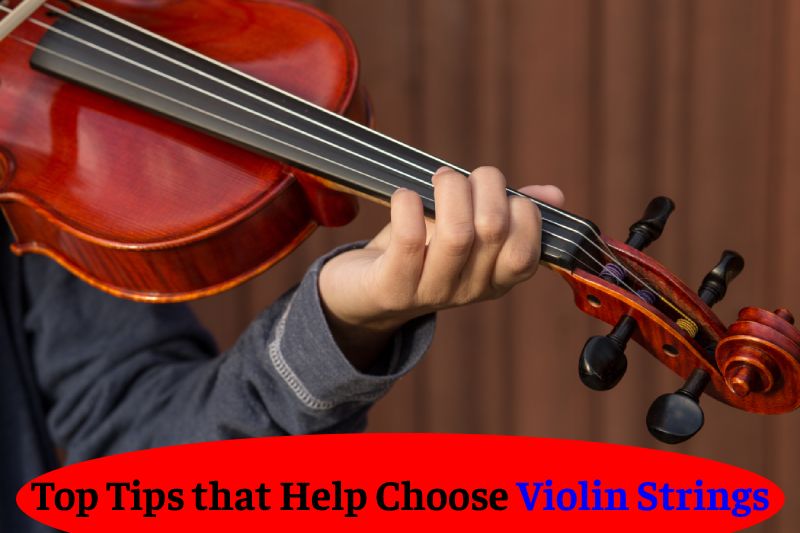Own a musical instrument but, don’t have instrument coverage? Well, that’s where you would go wrong in investments. The instrument coverage works as your savior in case you need to invest real high amounts on repairing or replacing your instrument. There are copyright issues too you may face, which requires you to have an insurance that can help you reduce the burden of costs that you might face. However, when purchasing instrument insurance, there are a few things you need to understand and take into account, especially if you are buying one online.
- Most musicians own the homeowner’s insurance, and believe they do not require a insurance for their music instrument or gear. Not every home owner’s insurance covers the gear that you have bought. In fact, most often the instrument may or may not be covered. For most insurance companies, this is probably a business that you operate from home. If you are thinking of owning nothing beyond the homeowner’s insurance, consider re-reading all the inclusions of the insurance. If it does not cover repairs of the instrument or replacement costs, you might want to think again, and invest in a proper insurance.
- When it comes to insuring your instrument, it is important you know what the true value of your instrument is. When you visit an insurance provider, they may not be able to value your instrument, given they are not musicians in real. Without the proper valuation, you cannot identify the premium you should be paying for your instrument. Make sure you consult someone who is an expert with music Instrument Coverage and understands their true value. That will make your valuation easy.
- There are instances where you would be traveling as part of your career, carrying your gear with you. As a musician, you are always worried about your instrument’s well-being, which is why you need to be assured by the insurance company. The insurance will make sure your travel is smooth and worry free. If, during the travel, the instrument gets damaged, then the insurance will cover the repair costs. In case, your instrument is stolen and needs to be replaced, the insurance will help you with the replacement cost too. In fact, the insurance will also help you with the rental cost and place and make sure you don’t face troubles when playing the instrument at your gig.
If you are willing to pay a little to save your pockets from being dented in the future, the insurance is not that expensive. You will need to make the right choice, have a budget in place, and choose the right inclusions for your insurance
- Research on the providers. There are plenty available in the market. Only a few actually provide you with what you need.
- Set a budget for the insurance. Make sure you don’t go beyond the set budget
- Check for the reviews and ratings provided for the providers. Make a list of all those who are rated high and provide the insurance features that you are looking for
If everything works for you, make sure you have at least one meeting set with them, before proceeding with the insurance provider. The idea is to understand the premium they are planning to offer you, and whether or not it is worth the investment.



